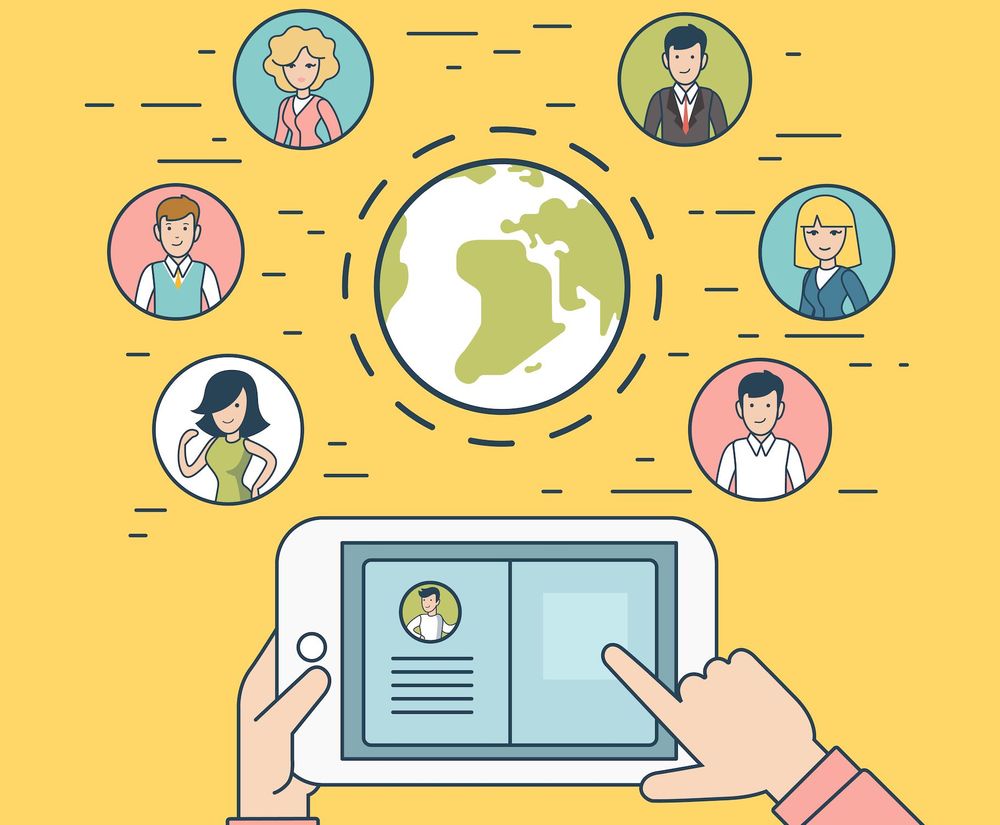Monetize. Monetization. The Mechanism and Examples (2023) |
When Luis von Ahn famously developed CAPTCHA, you know those little words you must enter to prove that you're human, he created one of the greatest monetization models ever. The program would select some random words from the archives of the New York Times, and the user was required to type what they had seen. They didn't realize they were contributing to digitizing newspaper and books that were once in the archives as well as paying the companies for the service.
It was a creative method of adding a new monetization stream to secure digital data.
In this post, we'll introduce you to the words monetize and monetization. We'll clarify what they mean, then walk you through different types of monetization as well as how you can develop a monetization plan for your business.

What exactly is the definition of monetization?
The process of creating revenue from things or actions that don't currently make you money. It is usually the way we think about how the people and companies that create software and content can be compensated for their efforts. In any kind of product, service or application There are lots of ways to make money dependent on the way people use it.
In some cases, monetization is integral to the creation of digital content. A content gate might make people purchase a product in a direct way. That's what happens when the New York Times or Netflix needs subscriptions.

In contrast it is possible that monetization involves including extrinsic materials. For a typical newspaper advertising, ads took up additional space, and the paper had to add pages. However, companies would pay to place advertisements where they were sure people were looking for them, which gave the papers enough revenue to continue their reporting of information. TV works the same. So do display ads as well as YouTube ads.
Online monetization
If we're talking about monetization now, we're usually discussing different methods people monetize things online: a YouTube Channel, a TikTok following, or even a blog or website. It's led to a variety of terms like "Are you monetizing?" or "I need to increase my monetization." We've also heard the story about the influencer or blogger who makes $50,000/mo.
There are many ways to monetize online. A blogger, for instance, may monetize his website through advertisements along with affiliate products and an online course they offer. Companies that use social media monetize user's data rather than offering users a no-cost experience but charging companies to display ads on the front pages of their viewers.
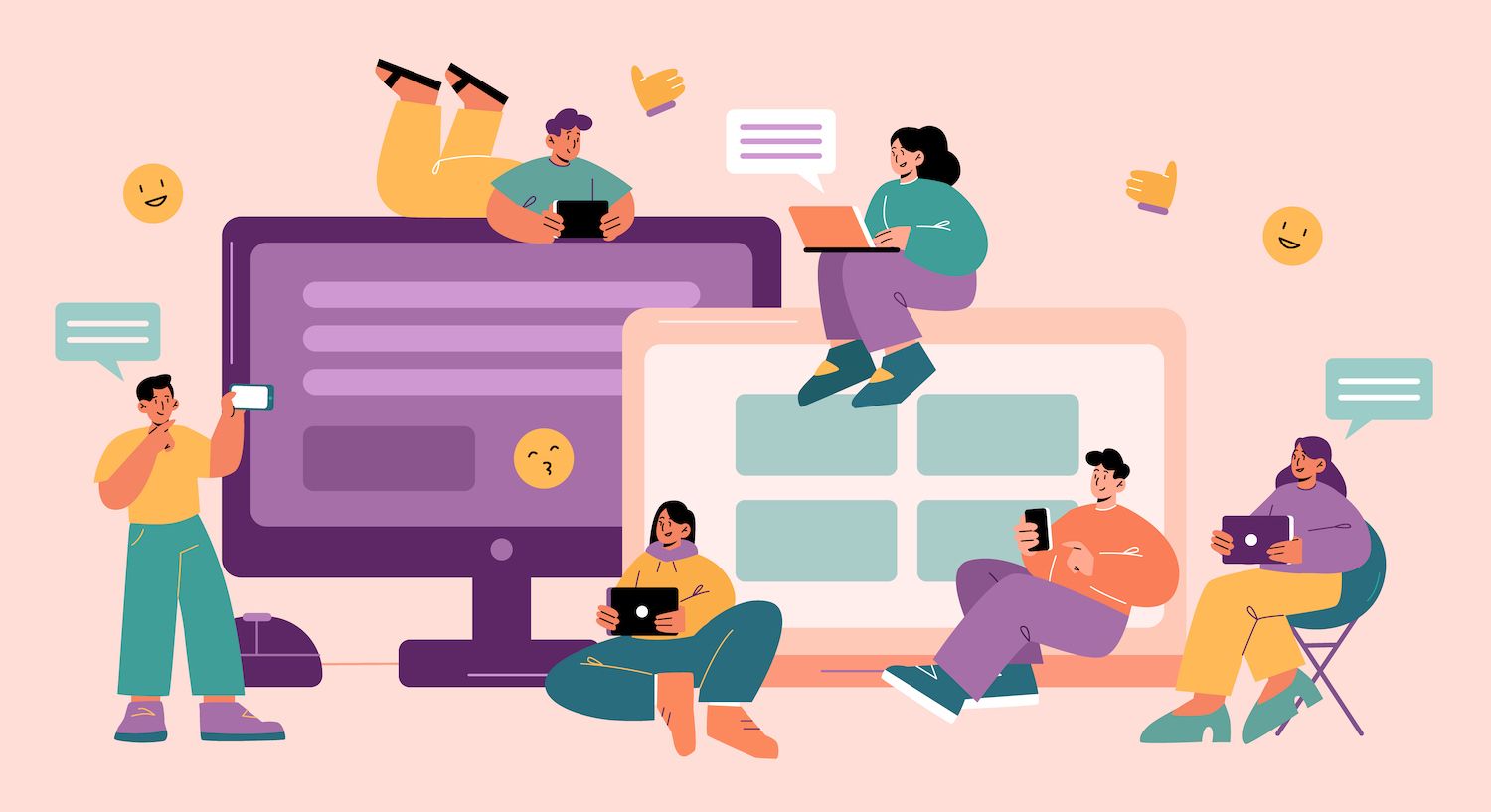
Because there are many different methods to earn money, monetization needs creativity about how you monetize something. This is exactly what Luis Ahn came up with in CAPTCHA. There are monetization solutions all around us. For example, the stock market let's stock holders monetize ownership in companies, but the derivatives market provides an additional way to monetize the stock market with things like options and calls. (If you've seen the movie The Big Short, it is a comparison of these markets to "side bets" .")
While you consider the monetization strategy and model you are considering for your strategy, you should be imaginative when tackling the issue and determining a method of monetization that is suitable for your needs.
Monetize: Monetize literally means "to turn something into money." When you've got something that you've developed, such as digital content, digital goods apps, or even software, the goal of monetizing is turning that item into money. But, of course, you're not doing this literally. Most of the time, you're figuring out how to make money out of your product. You're turning uses, views, subscriptions, members, etc. into money.
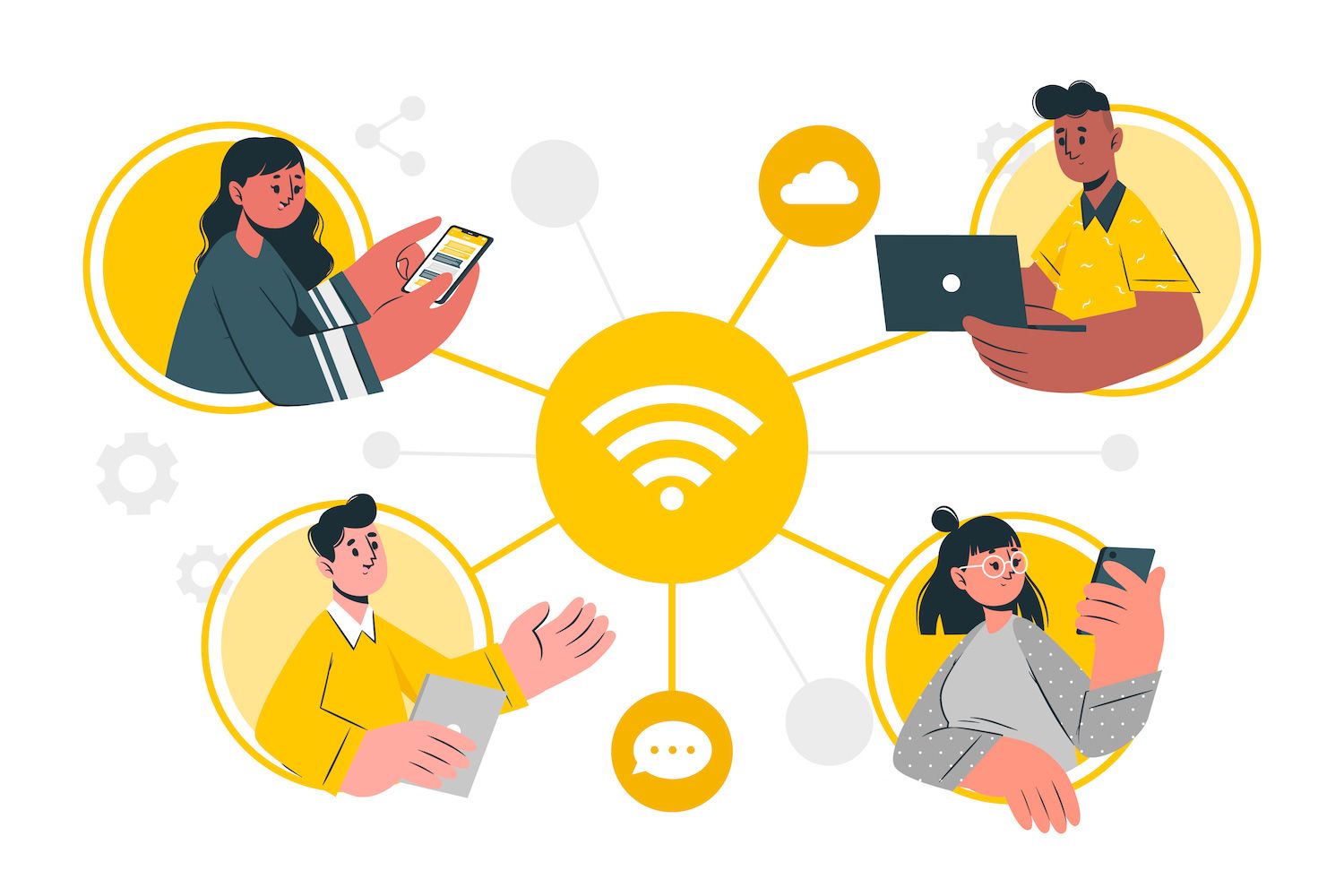
What exactly is a monetization model?
A monetization model is the method or methods that you can earn money by selling a service or product or creation intellectual property even your own personal branding. There could be different components in your model of monetization. All of them must work together to create the revenue that you require.
For example, if you are creating an application You could decide to incorporate in-app purchase or charge downloads for downloading, add advertisements or any of the above. If you've created software, you may select from a variety of monetization options. You can "white label" the software and then license it to customers to make use of their branding. You could sell access under your own brand or create free access with a "freemium" increase in price.
A model of monetization is the process by which a single and multiple sources of revenue come together to make up the total income of a brand.
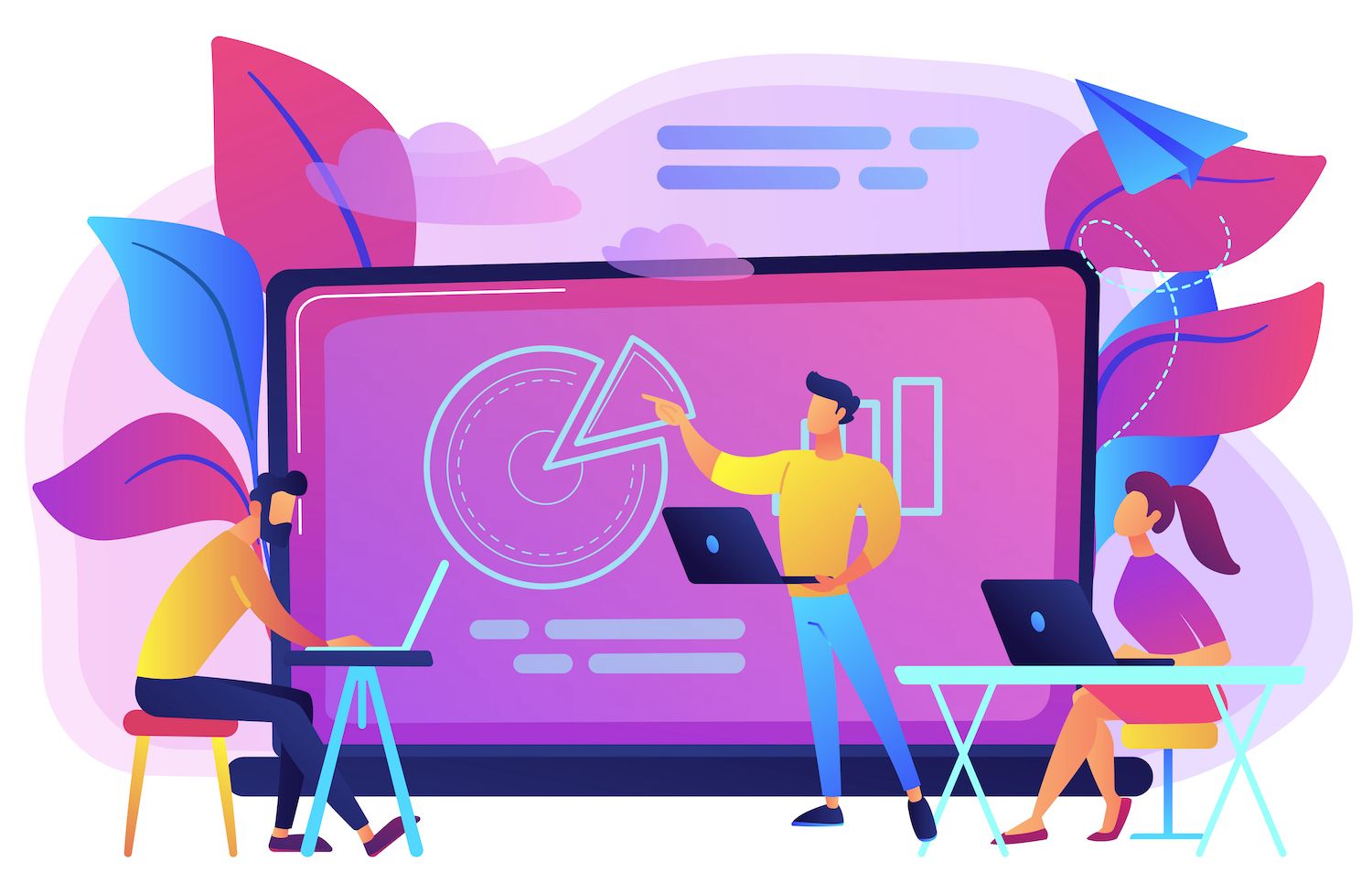
Different types of the monetization
They are among the most well-known methods of monetization. But they're not the only methods to make money. There are even new monetization methods being invented constantly. Be aware that they are not mutually exclusive. Many brands employ multiple of them (and there's some crossover ).
Member Mmonetization
Growth driven by members is among the best ways to monetize. The next generation of businesses that will grow rapidly are expected to be those that will convert their customers, users and subscribers into subscribers. They'll be able to do this at an incredibly large scale.
Membership-led monetization is easy as just creating an annual membership fee for your community. However, doing so can generate valuable regular revenue. Additionally, your members create content and tell others, helping your community grow by itself.
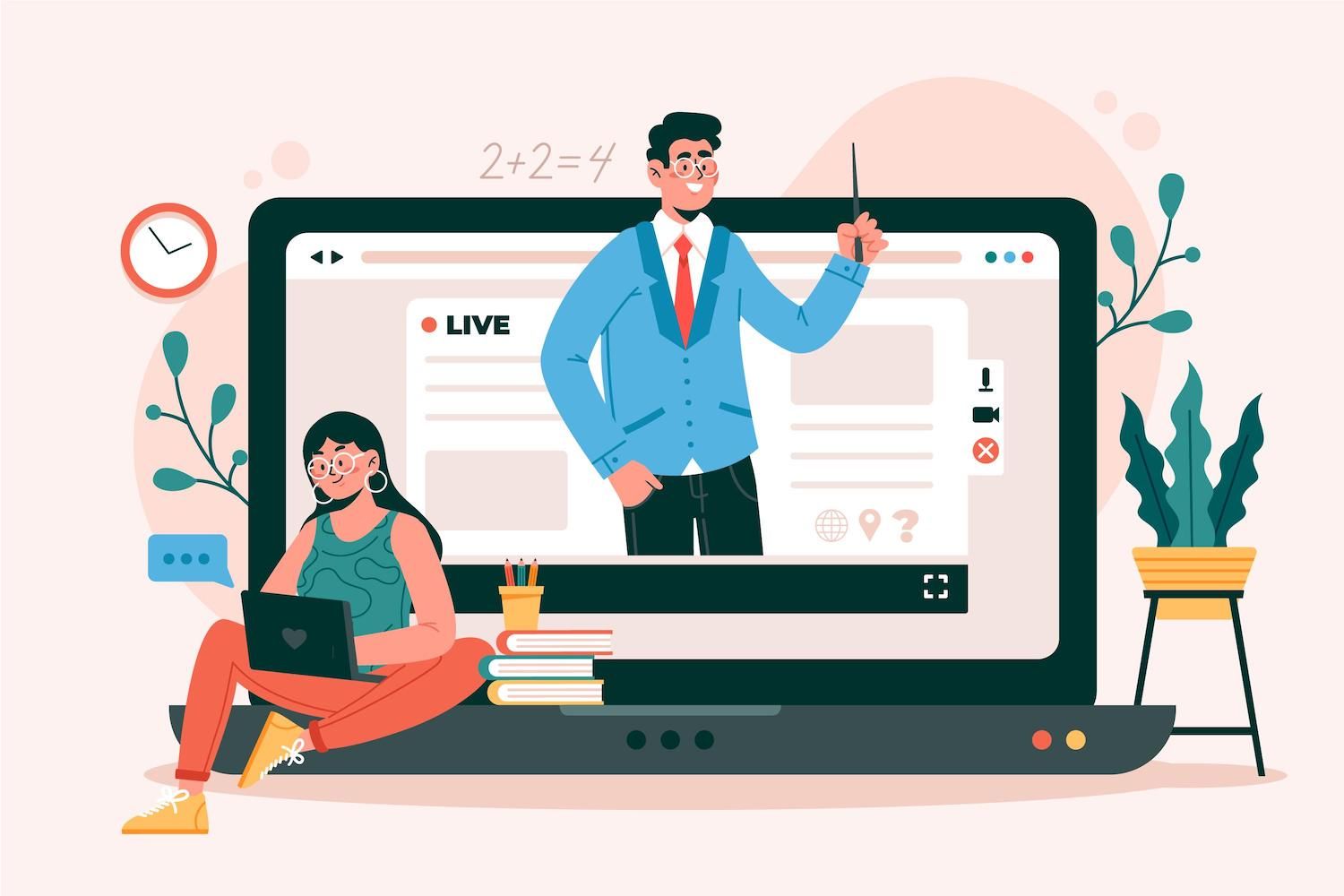
Here are some instances of how member-led monetization work:
- An entrepreneurship org. It launched a brand-new app for more than 5,000 members. We earned $35,000 in two and a half weeks.
- Health-related launch for 100 premium members, which increased the ARR by $40,000.
- A speaker and author launched a 4-week promotion in their community of members and earned an increase of $30,000 in sales.
- Author and podcaster sold 5,000 seats to a $997 course in 10 days, to members who are already in.
- One community started the course for 13 weeks and generated an additional $100k in income in just two months.
When you're selling members-only products it is likely that you usually earn money from your memberships and any other products your customers buy - a model McKinsey refers to as a Community flywheel .

Digital Subscriptions
The way you can earn money with subscriptions is similar to a membership model, but your subscribers aren't adding worth. Instead, they consume the content or programs that you've developed or licensed. It's an extremely popular strategy for firms that offer software, as organizations like Microsoft and Dropbox have been able to make subscriptions their bread and butter.
The same is true for media too. Netflix and Disney+ have built empires with subscription services. Subscriptions also saved the New York Times; in 2020, there were eight million print and digital subscribers.

Freemium
Freemium monetization is a model which is very popular among software businesses, because it lets users try the product without cost before making a decision to purchase. This is because the system of monetization takes responsibility for the trial period, thus reducing the need for features such as "money back guarantees" since the payment isn't made upfront. It also allows users, members, etc quickly upgrade their accounts to go beyond the paywall after a specific amount of time or to gain access to more features.
Content monetization
There are a variety of methods to make money from content such as digital subscriptions, memberships and even digital ones. But for content creators it is not a matter of deciding which options to choose. Here are some of the most popular options:
- Affiliate marketing: If you promote the products you sell on your website or social media feed and someone clicks a brand-approved tracker link, you could earn commissions. A lot of websites and blogs monetize by utilizing affiliates.
- Ads: Monetizing using advertisements is another well-tested and reliable monetization method for content-heavy brands, from TV channels to websites to applications (more about this in the next minute). Advertisements can be paid for per ad, or paid per view (usually known as RPM=revenue per Mille ).
- Sponsorships: Sponsored content used to mean a sponsored blog post. Today, more and more sponsorships involve created by influencers.

Social media monetization
We usually see social media monetization as the way that people monetize their social media accounts. And most social media creators make money using different methods already on this list: advertisements, affiliate marketing and sponsored content.
There's the issue about how social media platforms actually make money, and they're creative. Two examples illustrate the ways that social media giants earn money:
- Meta: With its flagship brands like Facebook and Instagram, Meta makes money through selling attention. And with two billion users every day, the company has plenty to offer. Meta collects user data and offers companies the opportunity to place the appropriate advertisements to their customers using highly-targeted demographic information. This led to a staggering an estimated $32 Billion in the fourth period of the year 2022. Meta's data gathering is so effective that it's been the target of controversy (think Cambridge Analytica's attempts to influence elections).
- LinkedIn: LinkedIn is much smaller than Meta which has the number of users who are daily 141 million. However, it has its own unique revenue model for monetization which is in line with the strengths of a platform. As a career and networking site that sells Premium plans to job seekers (giving them a competitive edge when applying for jobs) as well as provide exclusive plans to recruiters and employers at a more expensive price. The platform lets all types of user get what they require on the platform. However, it also sells advertising. LinkedIn generated more than $13 billion in sales in 2022.
When you examine all the social media platforms and you'll notice they all have one thing to be able of. Nearly none of them cost users to join the website at all. Their aim is to gain huge engagement and attention or to convert users to premium plans or-more usual-simply to offer their customers their attention to advertisers.

App monetization
App monetization is a world of its own, and we've written a detailed guide for this. But let's just say that there are many ways to make money from apps, such as subscriptions, memberships, and advertisements. What makes apps unique is the option of in-app purchases.
There are 13 methods that mobile apps could be made monetizable, and be sure to read our guide to Mobile app monetization for a deep dive into each.
- Freemium
- Ads and Premium
- Ads Only
- Ads + In-App Purchases
- Subscriptions
- Memberships
- Courses
- Events
- Products (physical and digital)
- Single-time buy
- Services
- Selling user data
- Crowdfunding

Product-led monetization
Sometimes, the most profitable method of monetization is to create the creation of a product. It could be digital or a product such as a major online course. For example, we previously mentioned that a journalist and author on Mighty sold 5,000 seats for an online course of $997 in just 10 days. This is a great digital product monetization model.
However, selling physical goods is a tested and true monetization model too, and there are some truly amazing brands who have grasped how to turn digital buzz into real-world success for their products.

Just look at Peloton, who created a bicycle that can connect in to workouts and others who are fitness-minded with real-time updates. Additionally, Peleton was born at the time of the outbreak, when the population was looking for a way to exercise. We've also seen celebrities launch physical products and use their brand names to promote them, like Ryan Reynolds' Aviation Gin brand that he recently sold at $600 million.
The incorporation of services with online attention is just getting started, and we'll see more of it in the future.
Licensing
This is a model of monetization that's under-appreciated however, for people who have an intellectual property, licensing could be a fantastic way to monetize. Essentially, licensing means you are the owner of a particular method or design and license others to utilize it. When you see anyone selling "Trademarked X method to X" you're probably looking at a licensing model.
As an example Many experts will construct their reputations around Op-eds, TED Talks and other TED Talks However, they may allow the use of their ideas to companies.

Services and consulting
It's similar to licensing however those who develop expertise on their content online can frequently sell the use of their content. For example, a lot of creators have their own channels on LinkedIn as well as YouTube sharing their experience are able to be hired by individuals or companies to make use of their content directly. If you have an YouTube channel specifically dedicated to helping entrepreneurs grow their businesses It stands to reason that you would be able to get to coach them. That's why consulting and services are often a great way to earn money.
Data
A third monetization option is to make money from data. In this example the platform gathers information regarding its users and sells this data to third-party advertisers. It's a staple of the social media industry (above) However, these companies aren't the only ones that collect and selling users' data.
All across the spectrum of industries that includes health care and finance, companies are capturing and making money from the data of their customers. However, while selling data is a model of monetization that is used by many tech companies but it's not one small-scale creators and brands employ based on a the reason that it's not used for. It's complicated, difficult, must be carried out on a large scale and has a myriad of legal considerations.

What model of monetization is best?
Each monetization model has pros and cons. Models that are free let customers try the product or service prior to paying and could help in selling more easily. Charges upfront require longer sales efforts, however it may result the cash in earlier on. The subscription model can bring the same revenue each month, but requires ongoing customer service. Additionally, you require customers to stay long enough to realize the real value of the recurring revenue.
There are numerous ways to make money off of any, product, or service, especially in the realm of digital, so selecting a model of monetization which allows you to balance accessibility, user growth, and your personal goals is important.

Monetization model examples
- Vikrim creates the first internet-based community with Vikrim and then decides to charge a one-time fee at for the first year that gives yearly access and to include everything that falls under.
- Ali creates a paid, subscription newsletter with advice and special offers. She sends it out every month.
- Charles can be described as an influencer who is a seller of digital tokens to allow people to access more information.
- James creates an app that is free to download with the purchase of in-app items.
- Jen is an author and thought leader who monetizes her work by speaking engagements and book sales.
How do you develop an effective monetization strategy
When you decide to monetize HTML0, here are some guidelines to develop your strategy:
- Understand your strengths: Many of monetizing efforts fail because they don't know the strengths of their brand. For example, let's say there is a tiny number of members who are committed. Advertising isn't the best way to monetize, since they need to be in large quantities. The product you are targeting could be ideal. On the other hand the case could be different if you have an undefined website area of focus and lots of users advertisements could make more sense. A product isn't likely to succeed without a clear area of focus. Discover your strengths and select the best model for your business.
- Contact your existing members: If you're looking at creating a product or service to monetize, you can solicit your current members to discover what they would most require from the company. For a community on the internet it could be as simple as a poll.
- Be sure that it is appropriate Certain monetization strategies do not work because they misunderstand the target audience. For example, there's a story of a blogger who gave guidance to millennials who were unemployed who decided to launch a product that was expensive. It failed miserably. People were enthusiastic however, they didn't have a dime (remember that they had no job! )
- Align your tech: Monetization-especially done online-usually takes some sort of tech solution. If you're monetizing a community, it can be as simple as turning to a membership program or bundle. Each monetization option needs some preparation. Are you planning to self-publish your ebook? You'll need to understand formatting, cover design, and how to use the KDP platform (or employ someone who knows). Want to put ads on your website? You'll need to get into an advertising network such as Mediavine as well as Ezoic and get it set up.
- Understand the business side: Even if done on the internet, making cash is something that the IRS is a bit of a skeptic on. You must be aware of how to claim the income. Visit your small business center in the area could be in order. They can often show you what you require.
- Adapt, test, and learn Try different monetizations: The first one that you test may not be the right one. Do not be scared to test various options (and allow things to go) until you discover what works best for you and your customers.

Conclusion
As you try to find the right monetization model be aware of what works for your brand as well as your customers. Don't force it. The process of monetizing needs to be handled with care, and without risking customers' loyalty, or damaging the user experience of your service.
If you're looking for an effective way to build a member-led expansion business, then join us on Mighty! It is possible to make money through community and content such as courses, classes, as well as live activities. And you can test it for free in 14 days!
